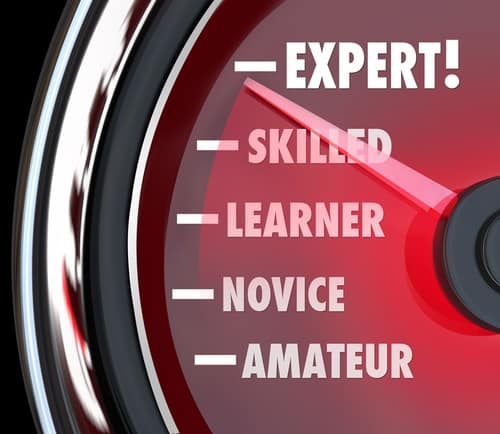This is the most common comment I hear from new clients, so why is this so often the case with new ideas and new businesses? By the time I am having this conversation clients have already called in the cavalry – who are you going to call, and when is the most cost-effective time to do it?
Learning the business
If you are starting a new venture you will be passionate, dedicated and hard-working, but that doesn’t make you an expert. Market entry and sales into health and care environments is a skilled job, that’s why for many pharmaceutical roles I have held in the past I have had to take part in up to four rounds of interviews, and still undertake a minimum of two weeks training in each position, add to this professional exams with the ABPI, BTEC, Wellards and IHM. You wouldn’t expect to be able to do your own conveyancing because you own a house, so why do you expect to be able to find the right people, navigate systems and processes and create a compelling sales pitch and business case because you have an innovation?
Understanding how to sell into these markets takes years of training and experience, most people entering this market for the first time are enthusiastic and passionate but amateurs none the less. If you are trying to do this on your own, with no experience, you are putting the fate of business into the hands of an amateur, who will most likely spend months or years knocking on the wrong doors and using the wrong messages.
When to call in the experts
Call in expert advice as soon as possible. Most consultants, myself included, will give initial advice over the phone about when you need to engage professional help, and pitfalls to avoid. I will not start charging until I am officially engaged to conduct a piece of work, so it’s worth having these conversations as soon as possible, so that you can plan, and if you will be using consultants ask about fees so that you know what sort of budget you require.
When to start selling
Before selling a health or care product, device or service you need to be sure that you have ensured the following:
1. You have protected your Intellectual Property
2. You can legally sell to the intended market for the intended purpose. This means checking that you have met all regulatory requirements. If you don’t know – ask an expert, this is an area we can help with.
3. Understand if your product needs to be included on the Drug Tariff for reimbursement, and complete application and inclusion if needed.
4. You have enough capacity/stock to meet orders if they are received
5. You have enough money to support your business until you receive payment – even after a “sale” it can take many months to be paid.
6. You have the skills and knowledge to sell to experts in what they do – we provide sales training and mentoring in the field
7. You know your business case – what is the cost and benefit to your intended customers?
8. Know your stakeholders – end users are often buyers, and people placing orders do not often procure
9. You know who to sell to – with over 40,000 organisations in the NHS, and 1.2 million staff, who do you target with the limited resources of a new business? – This is Market Access – we provide training, mentoring, and ongoing support
Finally, be prepared for this to be a long process. The NHS and UK Social Care are fulfilling and rewarding places to work, new products and services can improve and save lives, and the market potential can be enormous, but market entry takes a long time, even for the experts.




